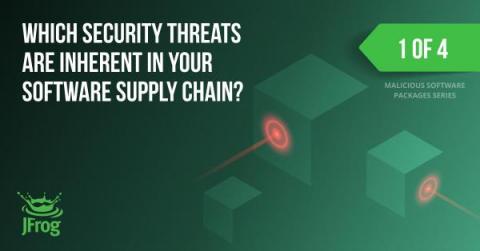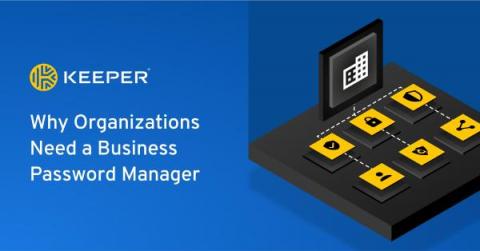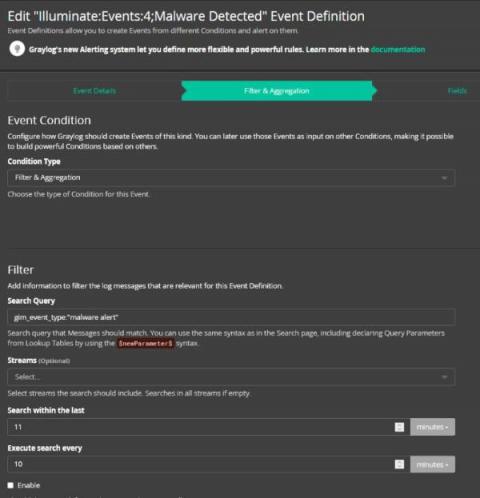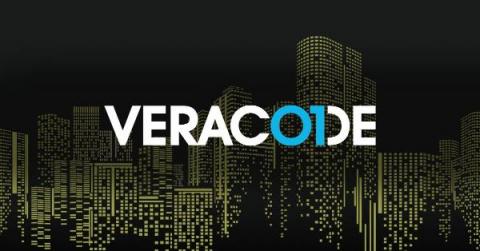Amid real estate volatility, cybercriminals are profiting
It is easy to think of cybercrime as a phenomenon only impacting the digital space. However, as trends are showing, digital attacks have a very real and very physical impact. According to the FBI, there has been a surge in rental and real estate property scams conducted via digital means, whether that’s the insertion of rogue actors into the property purchase chain, or hijacking of legitimate websites to promote false, money scamming listings.










